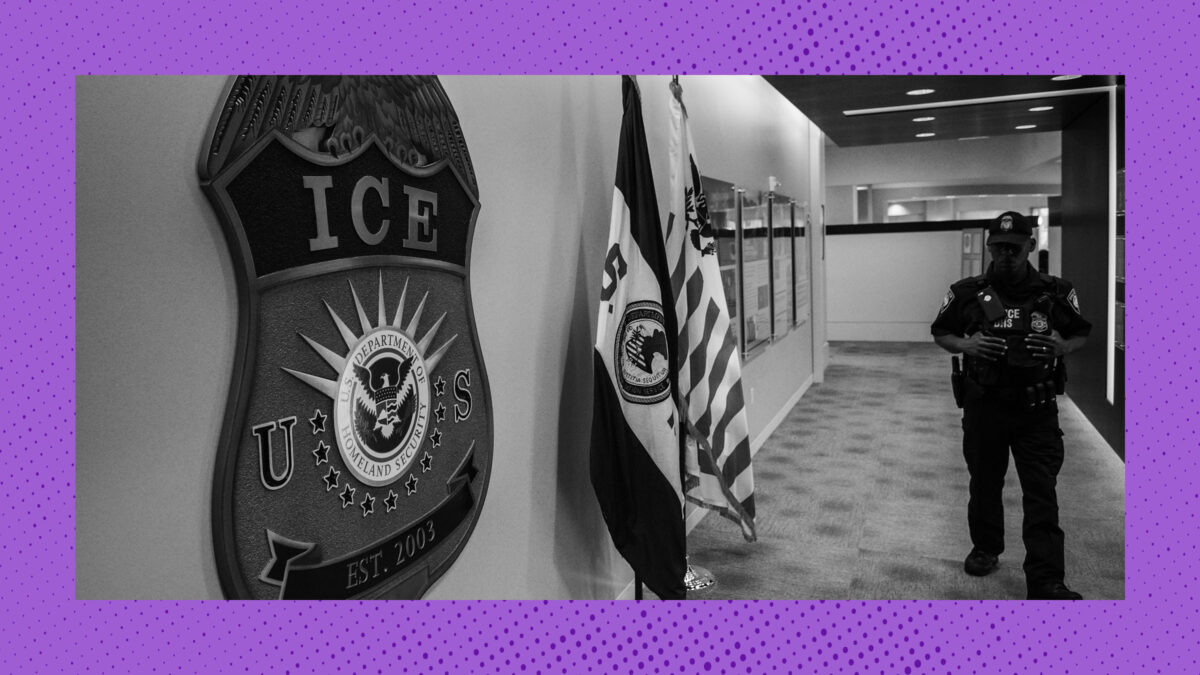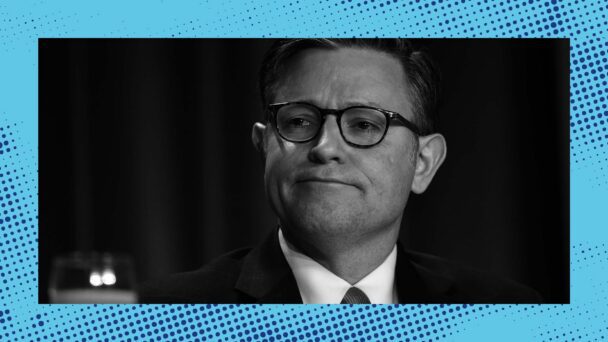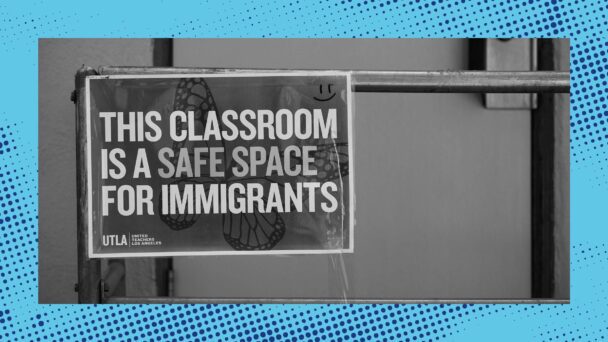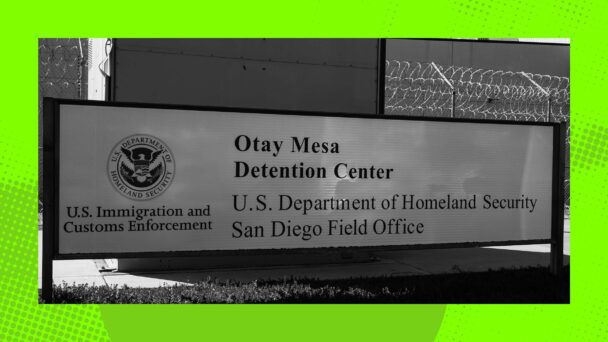On the morning of June 13, 2018, Jose Maria Zuniga De La Cruz was driving to work at the landscaping company he ran in Escondido, California, when he saw flashing lights in the rearview mirror. The officers in the car behind him had badges, vests, and guns, but they weren’t cops. They were with Immigrants and Customs Enforcement, and they had questions.
Zuniga, who is married and has two adult children, was rattled; although he’d been living in the United States for nearly 15 years, when he’d crossed the border from Mexico back in 2004, he’d done so without documentation. Perhaps sensing his nervousness, the officers looming outside Zuniga’s window encouraged him to relax. But then, they showed him a copy of his driver’s license photo, which they’d obtained from the California Department of Motor Vehicles via a public records request. “Is this you?” they asked.
Zuniga, detained by men with guns on the side of the road, felt like he had no choice but to tell the truth. Yes, he told them, that’s me. That was enough for the officers, who’d already obtained an administrative warrant for his arrest. (Administrative warrants are issued by ICE officials, not judges.) They took Zuniga to a field office, where they placed him in a holding cell.
At the office, ICE officials continued to grill Zuniga about his immigration status—where he was born, when and how he last entered the country, and so on. Zuniga had no idea that he didn’t have to answer their questions, and no one told him otherwise. Again, given that he was sitting in a cell, silently wondering when he’d see his family again and/or how quickly he might get shipped off to a country where he hadn’t lived since the Bush administration, cooperating with the authorities in front of him felt like his only option. He was released later that evening, after about ten hours in custody.
Nearly 60 years ago, the U.S. Supreme Court held in Miranda v. Arizona that under the Fifth and Sixth Amendments, police must advise suspects of their rights, including their rights to remain silent and to have an attorney, before conducting an interrogation. During his removal proceedings, Zuniga thus challenged the admissibility of his statements into evidence, arguing that ICE coerced him into giving them. But the immigration judge that heard his case, and, later, the Board of Immigration Appeals that heard his appeal, held that since Zuniga faced no criminal charges, he was not entitled to the protections Miranda ostensibly provides. “Because immigration proceedings are civil in nature, questioning for purposes of those proceedings need not be preceded by Miranda warnings,” the BIA wrote.
Earlier this month, a three-judge panel of the U.S. Court of Appeals for the Ninth Circuit agreed. In an opinion written by Judge Daniel Bress, a Trump appointee, the panel explained that in light of the “core rule that Miranda does not apply in civil immigration proceedings,” Zuniga could not “import…rules that are reserved for criminal cases” into the civil context. Bress reasoned that since immigration law, unlike criminal law, allows the government to draw an adverse inference from a person’s refusal to answer questions requiring ICE to provide Miranda warnings “could even create the wrong impression for those who would receive them.”
In a concurrence, Judge Salvador Mendoza Jr. acknowledged that the decision followed existing precedent, but urged the court to do something about the precedent’s obvious shortcomings. “I see no reason not to inform noncitizens of their rights,” he wrote; after all, from the perspective of Zuniga, who was investigated, detained, tried, and slated for removal from the country, “nothing appears to distinguish legal proceedings initiated by ICE from those initiated by the police, other than federal officials sticking a ‘civil’ label on one and a ‘criminal’ label on the other.”
Mendoza, a Biden appointee confirmed to the Ninth Circuit last year, wrapped with a call to action: Although the court has never addressed what a mandatory warning in immigration enforcement might look like, “perhaps it is time we did,” he wrote, “to ensure that noncitizens know their rights when they matter most.”
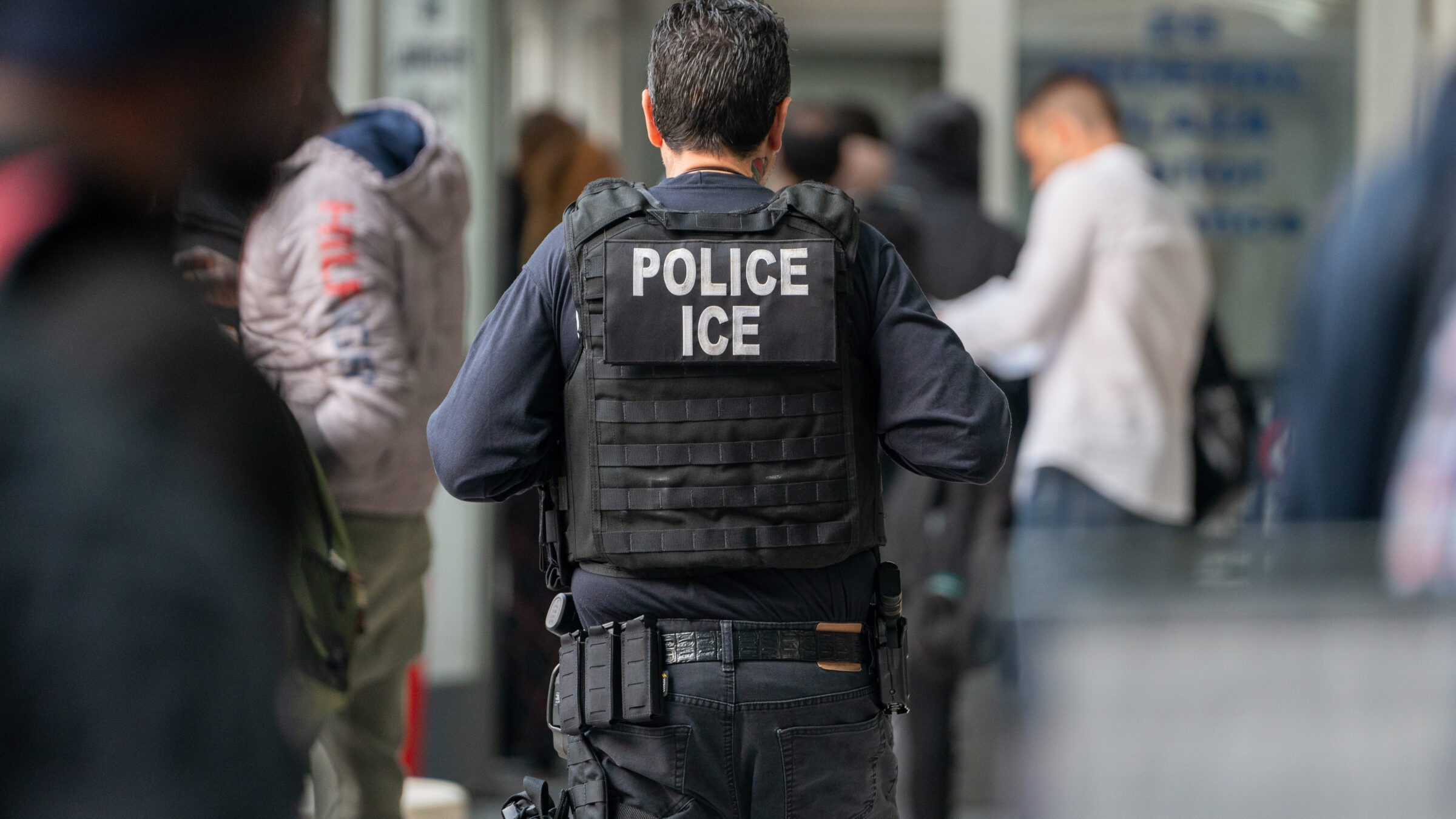
Not a cop, according to the Ninth Circuit (Photo by David Dee Delgado/Getty Images)
Mendoza’s concurrence nods at the ugly truth about Miranda, which is that as good and correct as the decision is in theory, in practice, courts have spent the last five decades rendering its promises meaningless. Thanks to the Supreme Court, today, cops can evade Miranda’s obligations if they say they were in too much of a hurry to both with the warning, or are careful to phrase their “questions” in sentences that don’t technically use question marks. When given the choice between protecting people in handcuffs and making it easier to abuse them, the justices almost always give law enforcement the benefit of the doubt.
The Supreme Court has used this same civil-criminal distinction to water down other venerated constitutional safeguards. For example, the justices have held that the Sixth Amendment right to counsel, which guarantees a lawyer to criminal defendants who can’t afford representation, generally does not extend to “civil” legal matters unless their physical liberty is at stake. (As Bress’s opinion notes, in immigration court, defendants have the right to a lawyer, but only at their own expense.) What this means is that if the state wants to evict you from your home or take your kids or remove you from the country, and you don’t have a few thousand dollars to spare, you might be walking into the courtroom alone.
Layering these threadbare protections over America’s barbaric immigration system demonstrates how disconnected from reality the Court’s line-drawing exercise really is. Zuniga’s experience was functionally identical to that of millions of people who are entitled to Miranda warnings: He was pulled over by armed officers who arrested him, took him to jail, and kept him there until he confessed. As nightmarish as U.S. prisons and jails are, for Zuniga, the consequences of losing an immigration case—of being separated from his wife, children, life, and livelihood—might be more devastating than the consequences of incarceration. The Ninth Circuit’s legalese here doubles as a cruel joke: Sure, immigration enforcement may not be “criminal,” but there is also nothing “civil” about it.
Miranda is a rare example of a Supreme Court case in which the justices not only acknowledged the existence of the Constitution’s promises, but also took affirmative steps to fulfill them. If the full Ninth Circuit takes Mendoza’s suggestion to rehear Zuniga’s appeal, it has a similar opportunity to correct a similarly egregious power imbalance, ensuring that people facing forcible deportation by the federal government at least have some idea of what they’re up against. If you don’t know your rights, and everyone who does is purposefully keeping you in the dark, your rights might as well not exist.
